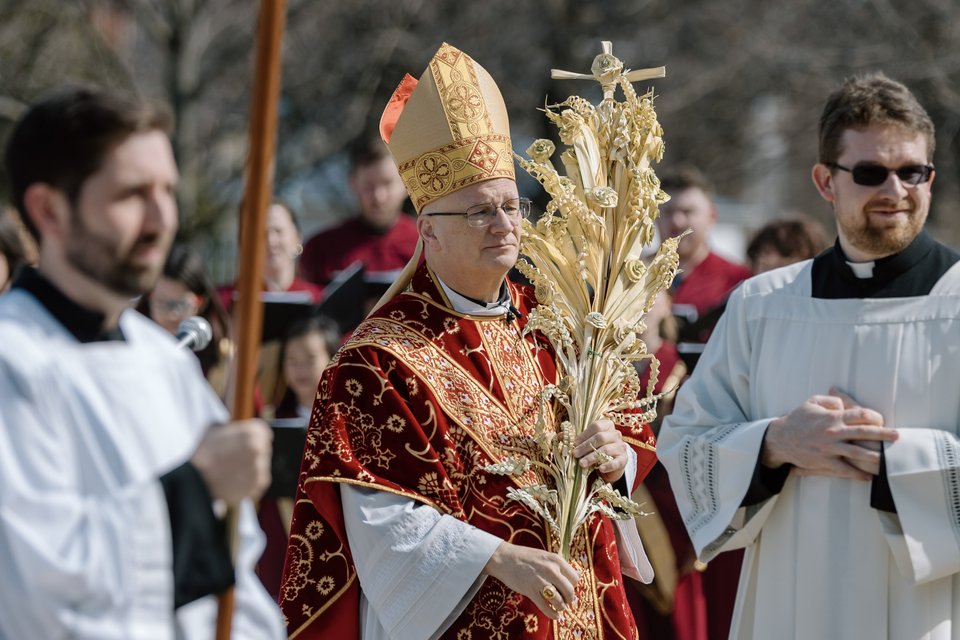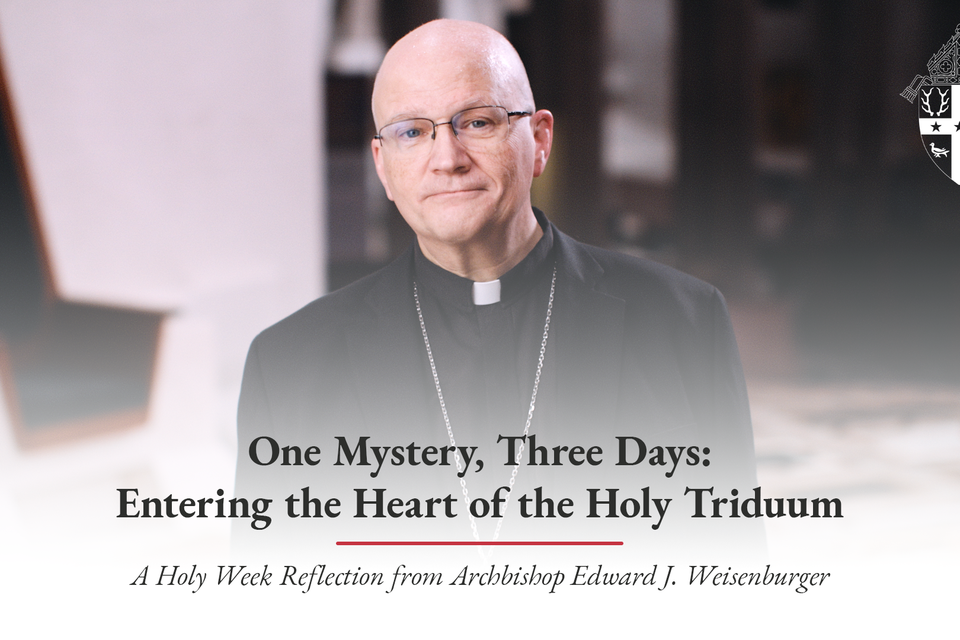PORTLAND, Ore. (CNS) -- As many U.S. newspapers close or shrink, Oregon's Catholic journal has held steady for decades and even has tracked a small uptick in readership.
The Catholic Sentinel, begun in Portland by Irish immigrants in 1870, has been on thin ice repeatedly but has survived.
"I suppose there might be small miracles involved," said Ed Langlois, who has worked at the Sentinel since 1993 and has been managing editor since 2016. Between 2016 and now, the twice-monthly paper's print circulation has increased from 22,000 to about 24,000. That despite much of the Sentinel readership shifting over to its social media and website.
There are about 750 unique visitors per day at catholicsentinel.org, about half coming from Facebook.
Langlois explains that the Sentinel began as the voice of a beleaguered immigrant community and evolved into a way for Catholics to tell their stories and express their views in a local culture that has always been somewhat suspicious of the church.
"At first, it was the Protestant establishment, and now it's the predominant secular culture," he said. "We've always been on the outs but have always believed we have something to offer for the benefit of overall society."
Langlois chafes at attempts to brand the paper as conservative or liberal, even from those inside the church.
"We are neither. We are Catholic," he said, explaining that the Sentinel mostly offers human interest stories though in its clearly marked opinion sections does take positions against abortion, assisted suicide, the death penalty, poverty and imperialistic warfare.
"We look out for people on the margins. Like many Catholics, we never have fit easily into the two-party frame," Langlois said.
For three years in a row, the Sentinel has been named the best newspaper in its class in a nationwide contest run by the Catholic Press Association of the United States and Canada. Lately, the Sentinel has specialized in telling stories of everyday Catholics but also in analyzing trends like manipulative religious leaders, disabled students in Catholic schools, human trafficking and racism in religion.
In March 1870, Archbishop Francis Blanchet received word in Rome that his Oregon archdiocese now had a Catholic newspaper begun by laymen. The news surprised him, but he approved, offering "many warm wishes for its success and long life."
The Catholic Sentinel was the first Catholic paper on the West Coast. A greengrocer and a printer founded it, and the early paper carried advertisements for printing -- "Our charges will be reasonable" -- and for fruit and vegetables, both locally grown and shipped in from as far away as Hawaii.
In addition to its full-throated defense of Catholics in Oregon, the paper also published news about the Vatican, Europe and the rest of the United States. This is still true.
Since 1928, the Sentinel has been owned by Oregon Catholic Press, which also publishes worship music sent around the world.
"The sesquicentennial of the Catholic Sentinel is an enormously significant milestone in the history of the local church," said Wade Wisler, publisher of Oregon Catholic Press. "Think of the local, regional, national and world events the paper covered, while Portland grew from a small settlement on the banks of the Willamette to the bustling metropolitan area it is now. Many don't realize how rich and strong the Catholic community and its history are here; the Sentinel played a significant role in shaping it."
The newspaper has boasted feisty editors from its inception. In one joust with the Oregonian in 1906, Sentinel editor John O'Hara wrote that Catholics were offended by "the sneering, supercilious tone of a shallow, ignorant and conceited infidel writer ... " whose work had appeared in the daily, secular paper.
At other times the skirmishes have been with readers. In 1983, when the paper reported that a prominent Portland priest was credibly accused of pedophilia, another clergyman charged the editor with "utter callousness" and "a lack of sensitivity, of which even the secular press was not guilty."
Langlois said he is grateful that Archbishop Alexander K. Sample, current head of the Archdiocese of Portland, respects the role of a free and faithful press.









